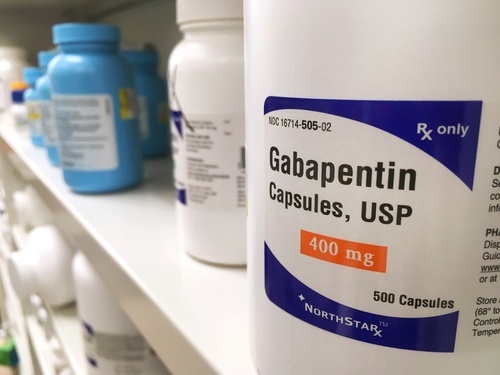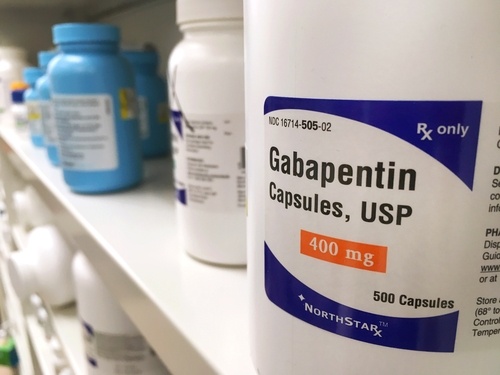What Is Stronger Than Ambien For Sleep?
Ambien is a brand-name medication (generically known as zolpidem) that was approved by the U.S. Food and Drug Administration (FDA) in 1992 for use of treatment for certain sleep problems, such as insomnia. It belongs to a class of medications known as sedative-hypnotics, also referred to as z-drugs, which are used to induce and/ or maintain sleep. Ambien comes as a tablet in 5 mg and 10 mg dosages, both in immediate-release and extended-release forms. The effects of Ambien typically begin around 30 minutes after taking the medication. The average half-life, meaning the length of time the substance will remain in one’s system until the concentration in one’s blood has been reduced by half, of Ambien is about 2.5 hours. The sedative effects of Ambien can linger for over 8 hours after taking the medication. Ambien is not intended for long-term use; rather short treatment periods lasting one to two weeks long, or less are most common. The Centers for Disease Control and Prevention (CDC) asserts that between 50 to 70 million adults in America experience sleep deprivation or suffer from a sleep disorder, and nearly 38 million of them are prescribed Ambien.
As a central nervous system depressant, Ambien works by activating certain neurotransmitters in one’s brain, specifically GABA (gamma-aminobutyric acid). GABA reduces the excitability of nerve cells (neurons) in the brain, which plays a role in the transmission of pain signals. Although Ambien is categorized as a non-benzodiazepine sleep aid, it acts similarly to benzodiazepines by binding at the alpha-1 subunit of the GABA-A receptor. When Ambien binds to this receptor it interacts with the neurons in one’s brain to suppress and slow down electrical excitement in one’s brain and central nervous system (CNS).
Lunesta
Lunesta, generically known as eszopiclone, is another non-benzodiazepine prescription sleep medication that was first approved by the Food and Drug Administration in December 2004. It is a sleep aid medication that offers some advantage over Ambien. It is available in 1 mg, 2 mg, and 3 mg immediate-release oral tablets, but is not available in an extended-release form. However, Lunesta is longer acting than Ambien, as the half-life of Lunesta is about 6 hours long. The recommended starting dose of Lunesta is 1 mg per day, for both men and women, but if that is ineffective one’s prescribing physician will increase it slowly. Unlike Ambien, Lunesta is considered safe to be used long-term, which lends it to be highly effective for sleep maintenance.
For Information and Support
Substance abuse and addiction can be incredibly dangerous and can result in severe short and long-term consequences. If you or someone you know is suffering from substance abuse or addiction, please get help as soon as possible. The earlier you seek support, the sooner you and your loved ones can return to leading happy, healthy, and fulfilling lives. There is no reason to go through this alone, and we are here to help. Please feel free to reach out to us for further information or with any questions regarding substance abuse or addiction. We are available anytime via telephone at: 213-389-9964, or you can always email us at: info@friendlyhousela.org.



